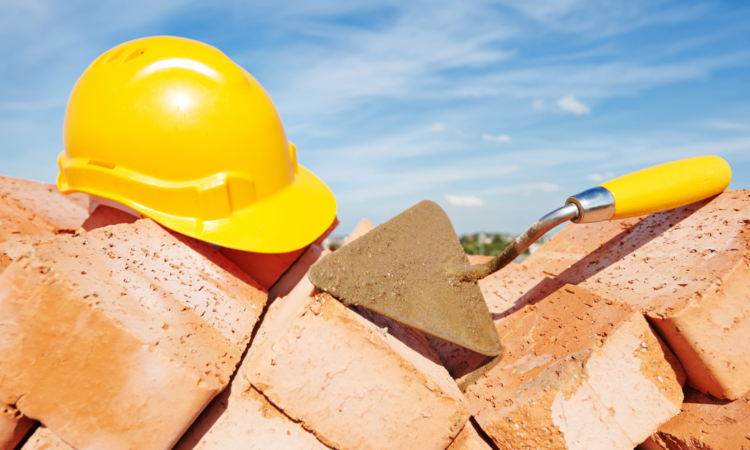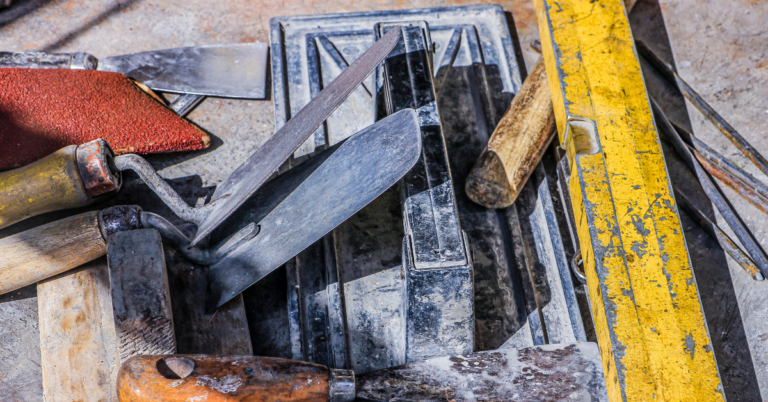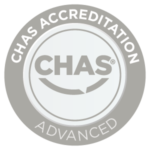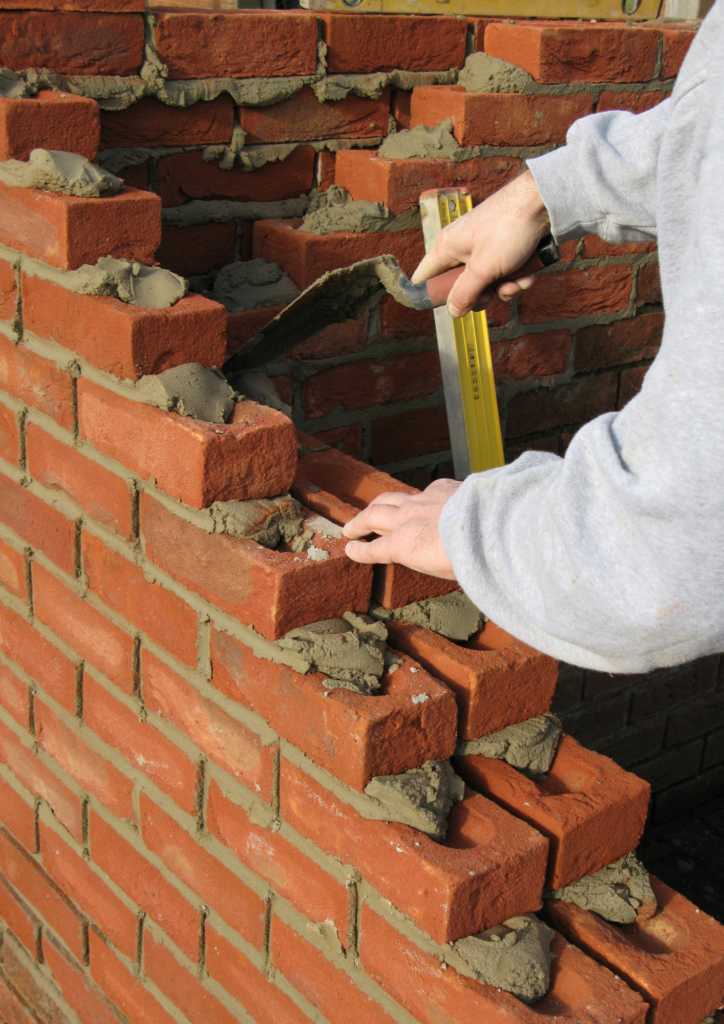
Are you fresh out of school, college or just looking for a career change? Bricklaying could be for you. Becoming a skilled tradesman can be an excellent career choice which sets you up for life. There are endless opportunities within the construction industry. You can be employed by a company or work for yourself as self-employed.
Having a bricklaying qualification isn’t just for the UK either, it can take you to many places – Australia, Europe, America, Canada – all over the world. Becoming a qualified bricklayer takes hard work and dedication but there are many different ways to do it. In this article, we’ll tell you how to become a bricklayer in the UK.
What qualifications do you need to be a bricklayer?
In Scotland, there are two main ways to gain a bricklaying qualification. Which qualification you obtain depends on the path you take. Some people train to become a bricklayer through an on-site apprenticeship program, others via a 4-year college course. If you’re interested in becoming a fully qualified bricklayer, read on as we explain both paths, from this you may be able to tell which path better suits you.
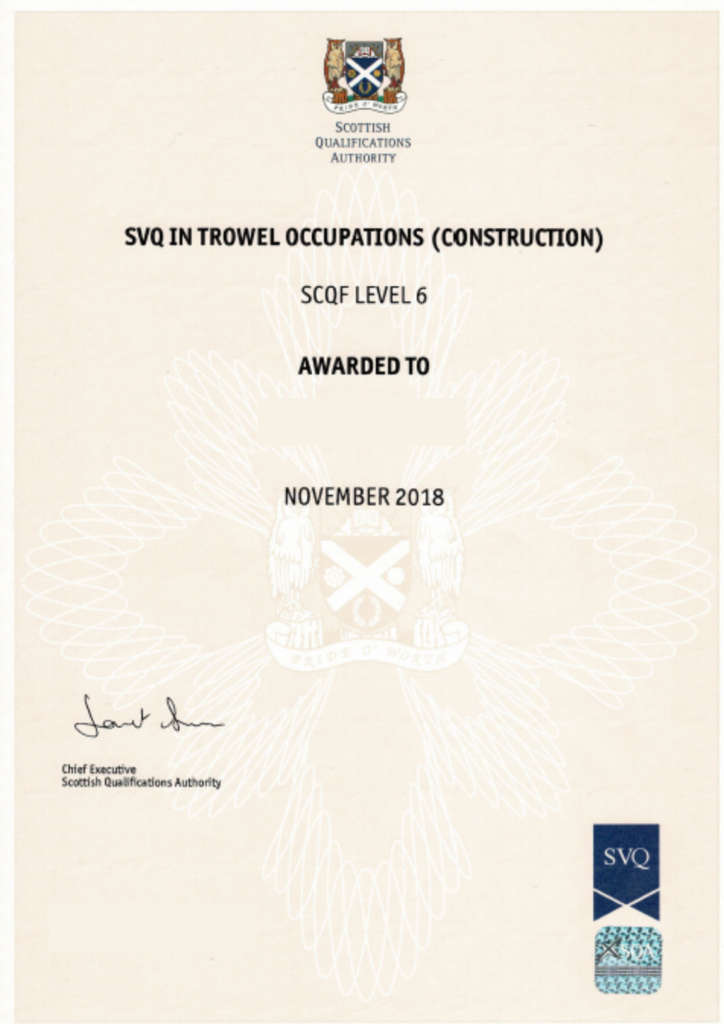
Path One – SVQ in Trowel Occupations (Construction) SCQF Level 6
If you have never worked in the construction industry before and have no previous site experience, the best path to take is a bricklaying apprenticeship college course.
These courses can be taken at local colleges including Ayrshire College. A bricklaying apprenticeship college course takes place over four years on a full-time basis. These specific courses do allow for both studying and practical working on site.
This type of bricklaying apprenticeship is a modern apprenticeship facilitated by Skills Development Scotland and Construction Industry Training Board (CITB); upon completion of the course, the qualification you will obtain is an SVQ in Trowel Occupations (Construction) – SCQF Level 6.
This route into bricklaying is ideal for school leavers. It is an excellent way to upskill and learn an extremely valuable and sought-after trade. Qualified bricklayers are consistently in high demand across the construction industry.
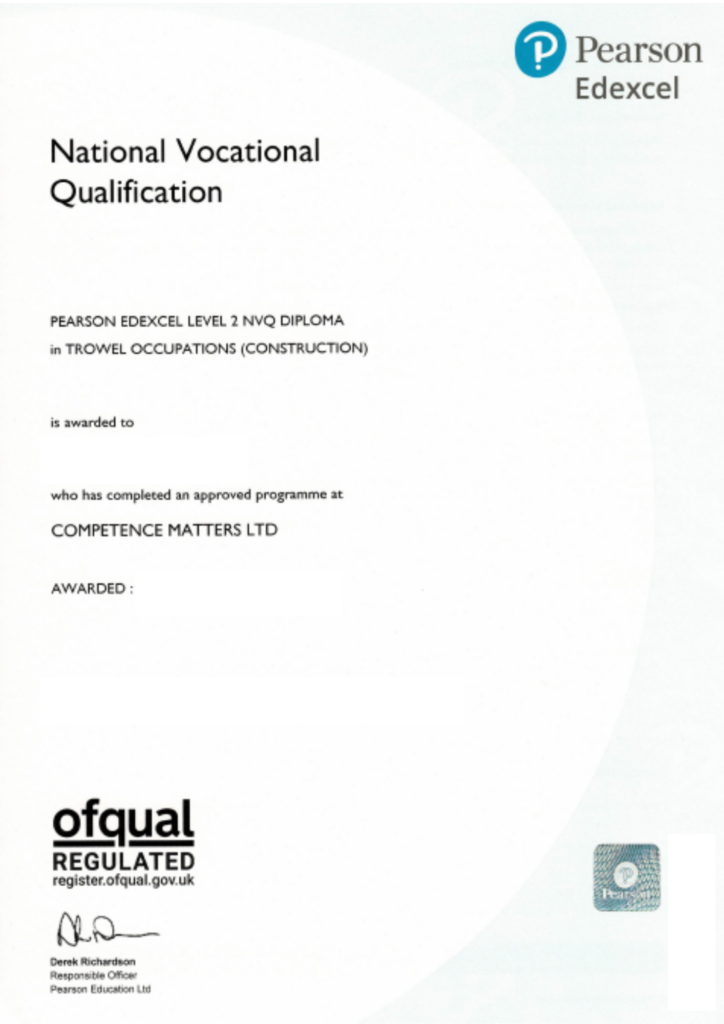
Path Two – Level 2 NVQ in Trowel Occupations
If you have previous site experience, for example, working as a construction labourer, you may be able to undertake a Level 2 NVQ in Trowel Occupations. This course allows you to obtain qualifications whilst working on site. The two-year Level 2 NVQ Trowel Occupations qualification is facilitated by a variety of training providers across the country, the one used by SLBC Ltd in this case is Competence Matters.
This way of gaining a bricklaying qualification is perfect for those who have a demonstrable interest in specialising their skills on site. Some of our bricklayer’s labourers have chosen this path. They take the time to gain site and other relevant experience before deciding to pursue a career in the trade.
Desirable skills and qualities needed for Bricklaying
There are a number of skills and qualities which are both desirable and essential when it comes to bricklaying. People pick up transferable skills throughout their life which can help with a career in bricklaying, although it may never have been something you have considered previously. Some skills and qualities include:
- Numeracy
- Communication
- Reading architectural drawings
- Hand and eye coordination
- An eye for detail
- The ability to work well under pressure
- Flexibility
- Working well as part of a team
The perks of becoming a Bricklayer
When choosing to become a bricklayer, you are choosing a career path with uncapped earning potential. You will also learn and specialise in a trade which is consistently high in demand across the construction industry. Learning any trade in life is something everyone should try. It can open so many doors, take you around the world and allow you to meet new people. Ultimately, bricklayers are extremely important to the UK economy, at both macroeconomic and microeconomic levels.
Featured Blog Image and First Blog Image Credit: Canva.


